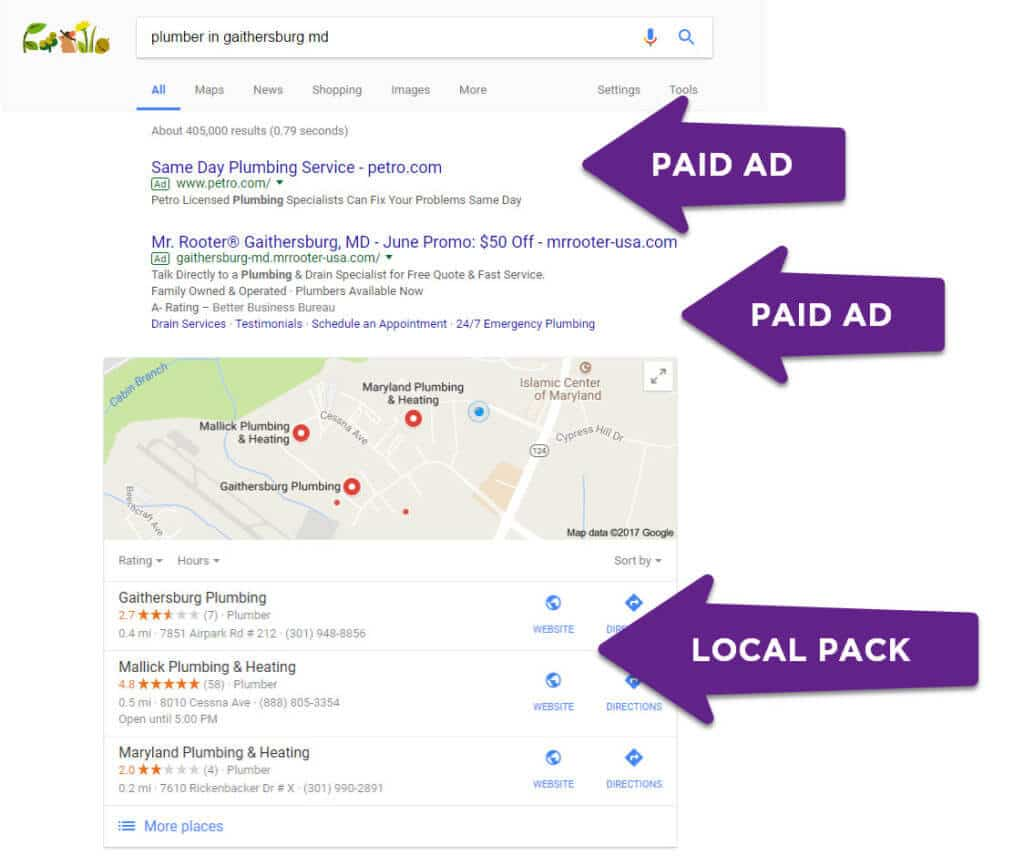27 June
Unveiling the Costs of Building an eCommerce Site: A Comprehensive Guide
Introduction
In today's digital age, launching an eCommerce site has become a crucial step for businesses aiming to expand their reach and capitalize on the online marketplace. However, one common question that arises is, "How much does an eCommerce site cost?" The Costs of Building an eCommerce Site varies depending on several factors, including the site's complexity, desired features, design customization, and the expertise of the development team. This comprehensive guide will delve into the various elements that influence the costs of building an eCommerce site, enabling businesses to make informed decisions and allocate their resources wisely.
1. Understanding the Factors Affecting Costs of Building an eCommerce Site
1.1 Website Design and User Experience:
The design complexity, number of pages, and desired user experience play a significant role in determining the cost. Customized designs and advanced user interface (UI) and user experience (UX) features may incur additional expenses.
1.2 Choosing the Right Platform:
Selecting the right eCommerce platform is crucial for a successful online store. Popular options like Magento, Woo Commerce, Shopify, and Big Commerce offer various features and scalability options. Consulting with an eCommerce development company in Jaipur can help businesses make informed decisions based on their specific requirements.
1.3 Functionalities and Features:
The cost is influenced by the required functionalities, such as product catalog management, shopping cart functionality, payment gateway integration, inventory management, and customer reviews. Advanced features, like personalized recommendations and marketing automation, may also contribute to the cost.
1.4 Customization and Third-Party Integrations:
Customizing the website's design and integrating third-party services, such as customer relationship management (CRM) systems or email marketing tools, can increase the overall cost. Each customization and integration requires time and expertise.
1.5 Mobile Responsiveness:
With the increasing use of mobile devices for online shopping, ensuring a mobile-responsive design is crucial. Developing a responsive website that provides a seamless user experience across various devices and screen sizes may impact the cost.
1.6 Content Management System (CMS):
The selection of a CMS affects the cost. Some CMS options, like WordPress, offer free versions, while others have licensing or subscription fees. The complexity of content creation and migration may also impact the cost.
2. Estimating eCommerce Site Costs
2.1 Basic eCommerce Site:
A basic eCommerce site with a pre-designed theme, essential functionalities, and limited customization may cost between $2,000 and $10,000. This type of site is suitable for startups and small businesses with a straightforward product catalog.
2.2 Mid-Range eCommerce Site:
A mid-range eCommerce site, featuring some customization, additional functionalities, and a more unique design, typically ranges from $10,000 to $50,000. This option suits businesses looking for a more tailored online shopping experience.
2.3 High-End eCommerce Site:
High-end eCommerce sites, characterized by extensive customization, advanced features, intricate design, and seamless integrations, can cost upwards of $50,000. This level of investment is suitable for large businesses or those with complex requirements.
3. Additional Cost Considerations
3.1 Website Maintenance and Support:
After the initial development, ongoing website maintenance and support are essential. These costs can include software updates, security measures, bug fixes, and technical assistance. They can range from a monthly retainer fee to an hourly rate.
3.2 Digital Marketing:
To drive traffic and attract customers to the eCommerce site, businesses often invest in digital marketing strategies such as search engine optimization (SEO), pay-per-click (PPC) advertising, social media marketing, and content creation. These costs vary depending on the chosen marketing channels and the level of competition in the industry.
3.3 Upgrades and Enhancements:
Over time, businesses may require website upgrades, feature enhancements, or migrations to more advanced platforms. These costs should be considered for long-term sustainability and growth.
4. Making Informed Decisions
To accurately estimate the costs of Building an eCommerce site, businesses should evaluate their specific needs, goals, and budgetary constraints. Here are a few tips to make informed decisions:
4.1 Define Your Requirements:
Clearly outline the desired functionalities, design preferences, and user experience elements to communicate effectively with the development team.
4.2 Research Development Companies:
Find reputable eCommerce development companies that align with your vision and have a track record of delivering quality solutions within your budget range.
4.3 Request Detailed Proposals:
Ask development companies for detailed proposals that include a breakdown of costs for design, development, integrations, support, and any additional services.
4.4 Plan for Scalability:
Consider the future growth and expansion of your business. Discuss scalability options and associated costs with the development team to ensure a flexible solution.
Conclusion
Building an eCommerce site involves various factors that influence the overall cost, including website design, functionalities, platform selection, customization, and ongoing maintenance. While basic eCommerce sites can be developed within a few thousand dollars, more complex and tailored solutions may require a more substantial investment. By understanding these factors and considering additional cost considerations, businesses can make informed decisions and work with development teams to create a successful eCommerce site that meets their specific requirements and budget. Remember, partnering with an experienced eCommerce development company in Jaipur can provide valuable insights and expertise to guide you through the process and deliver a high-quality online store that drives sales and fosters business growth.













